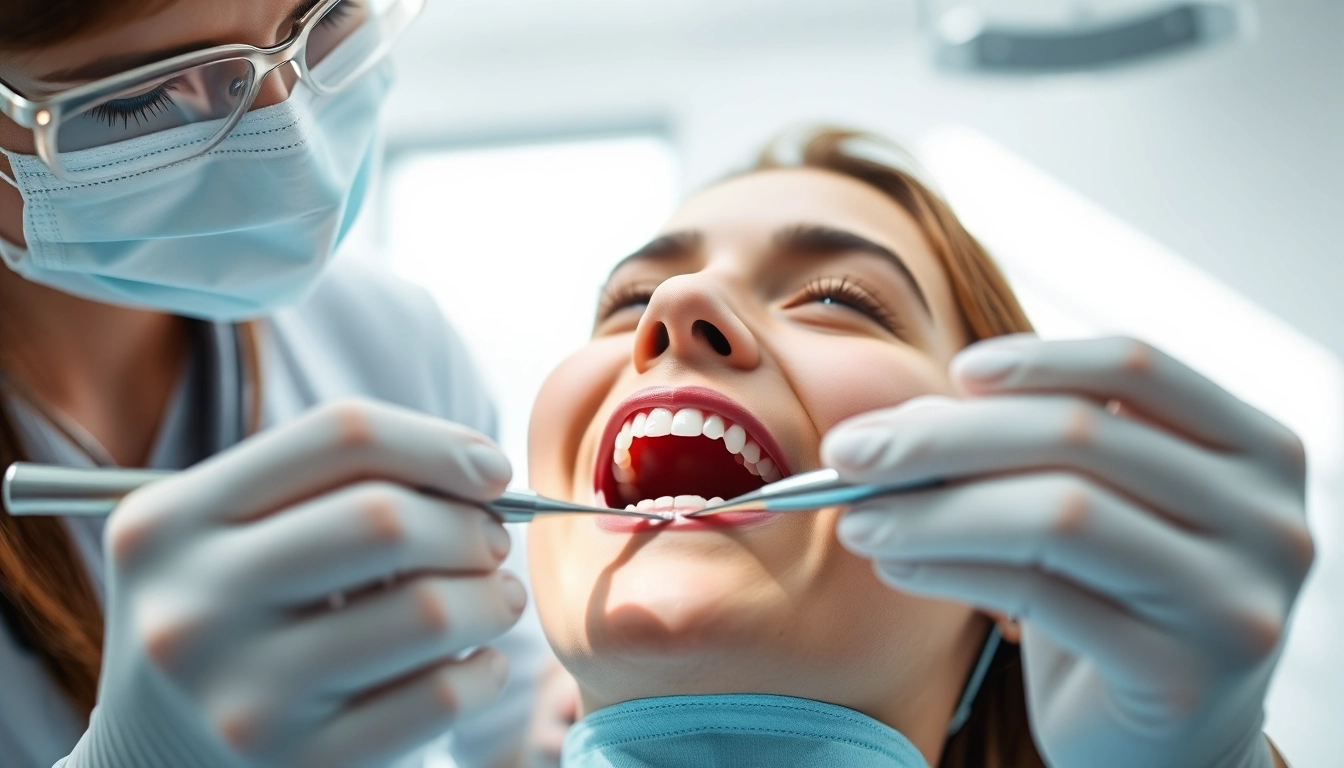Understanding Hygiene and Its Importance
Hygiene is a broad term that encompasses conditions and practices conducive to maintaining health and preventing disease. It plays a critical role in our everyday lives, impacting our physical and mental well-being. The practice of hygiene includes a variety of behaviors, such as regular hand washing, maintaining personal cleanliness, and ensuring a clean environment. In this article, we’ll delve into the significance of hygiene, particularly in healthcare, and explore how poor hygiene can have far-reaching effects on health.
What is Hygiene?
Hygiene refers to the science and principles relating to health and cleanliness. It involves measures taken to promote health, prevent disease, and ensure the cleanliness of individuals and environments. Hygiene can be categorized broadly into personal hygiene, environmental hygiene, and food hygiene.
- Personal Hygiene: These include practices such as bathing, brushing teeth, nail care, and overall body cleanliness.
- Environmental Hygiene: This pertains to maintaining a clean living space, which includes waste management and sanitation.
- Food Hygiene: This involves handling food safely, ensuring it is prepared and stored in ways that prevent foodborne illnesses.
Why Hygiene Matters in Healthcare
In healthcare settings, hygiene practices are paramount. They help prevent the spread of infections and protect both patients and healthcare workers. Effective hygiene measures include:
- Hand Hygiene: Regular and proper handwashing is the first line of defense against infections.
- Use of Personal Protective Equipment (PPE): Gloves, masks, and gowns help protect against contamination.
- Sanitization of Medical Equipment: Regular cleaning and sterilization of tools and devices used in the healthcare environment.
Studies have shown that proper hygiene can significantly reduce the risk of hospital-acquired infections, which can be life-threatening.
Impact of Poor Hygiene on Health
Poor hygiene can lead to a variety of health issues, ranging from minor infections to serious diseases. For example:
- Infectious Diseases: Conditions such as flu, colds, and gastroenteritis are often spread through inadequate hygiene practices.
- Skin Conditions: Failure to maintain cleanliness can lead to skin infections, rashes, and infestations like lice.
- Mental Health Effects: Poor hygiene can also negatively impact one’s mental health, leading to feelings of shame or depression.
Understanding the consequences of neglecting hygiene is crucial for motivating better practices both personally and societally.
Personal Hygiene: Best Practices
Maintaining personal hygiene is essential for individual health and the well-being of others. Here are some best practices that can help optimize personal hygiene:
Daily Habits for Better Hygiene
Creating and following a routine can help ensure that hygiene practices become habitual. Some essential daily habits include:
- Regular Handwashing: Wash hands thoroughly with soap and water after using the restroom, before eating, and after being in public spaces.
- Daily Showering or Bathing: Helps remove dirt, sweat, and bacteria from the skin.
- Oral Hygiene: Brush teeth at least twice a day and floss daily to maintain oral health.
Hygiene and Mental Well-being
Good hygiene practices are closely linked to mental well-being. For example, feelings of cleanliness can lead to increased self-esteem and confidence. Additionally, maintaining personal hygiene can combat mental health issues like depression and anxiety. Engaging in self-care routines improves both physical health and emotional stability.
Common Misconceptions About Personal Hygiene
Despite widespread awareness, several misconceptions about personal hygiene persist:
- Myth – More Soap Equals Better Clean: Overuse of soap can actually irritate the skin; less is often more.
- Myth – Hygiene Only Matters When You’re Sick: Preventive hygiene practices should be continual, not just in response to illness.
Dispelling these myths is vital for promoting a culture of health and cleanliness.
Hygiene in Dental Care
Oral health is a critical component of overall hygiene. Below, we explore essential dental hygiene practices and their implications:
Essential Dental Hygiene Tips
Maintaining good oral hygiene involves more than just brushing your teeth. Key practices include:
- Regular Brushing: Brush teeth at least twice a day using fluoride toothpaste.
- Flossing Daily: Helps remove food particles and plaque between teeth that a toothbrush can’t reach.
- Regular Dental Check-ups: Professional cleanings and examinations help prevent and detect problems early.
Professional Cleaning vs. Personal Care
While personal care is vital, professional cleaning performed by a dentist or dental hygienist removes tartar buildup and provides a deeper clean. It’s recommended to have these professional cleanings at least twice a year.
Hygiene in Different Dental Procedures
Different dental procedures have specific hygiene protocols. For example, during teeth extractions or root canals, dentists utilize strict hygiene measures to prevent infection. Understanding these protocols can provide reassurance to patients.
Child Hygiene: Building Lifelong Habits
Teaching children about hygiene is crucial for their development and health. Here’s how to instill good habits from a young age:
Teaching Kids About Hygiene
Children should learn the importance of hygiene through both instruction and example. Key teachings include:
- Handwashing: Teach children the proper techniques for washing their hands and why it matters.
- Dental Care: Establish routines for brushing and flossing early on.
Fun Ways to Encourage Good Hygiene
Incorporating fun into hygiene practices can motivate children to engage. For instance, using colorful toiletry items or singing songs while washing hands makes the process enjoyable.
Monitoring Hygiene in School Settings
Schools play a pivotal role in reinforcing hygiene practices. Teachers and caregivers should consistently remind students about hand hygiene and provide facilities to ensure they can practice good hygiene throughout the day.
The Future of Hygiene: Innovations and Trends
Hygiene practices continue to evolve, influenced by advancements in technology and health trends. Here’s what the future may hold:
Technological Advances in Hygiene Practices
From touchless faucets to smart sanitizing devices, technology is transforming hygiene practices. Innovations in cleaning products, automated sanitizers, and air purification systems are making personal and public hygiene more effective.
Public Health Initiatives on Hygiene
Governments and health organizations globally are launching initiatives to promote hygiene. These include campaigns for handwashing during outbreaks and educational programs about the significance of hygiene in schools and communities.
Global Hygiene Guidelines and Compliance
As international health standards evolve, compliance with global hygiene guidelines becomes increasingly crucial. Countries are urged to adopt best practices for public health to prevent the spread of illnesses.








